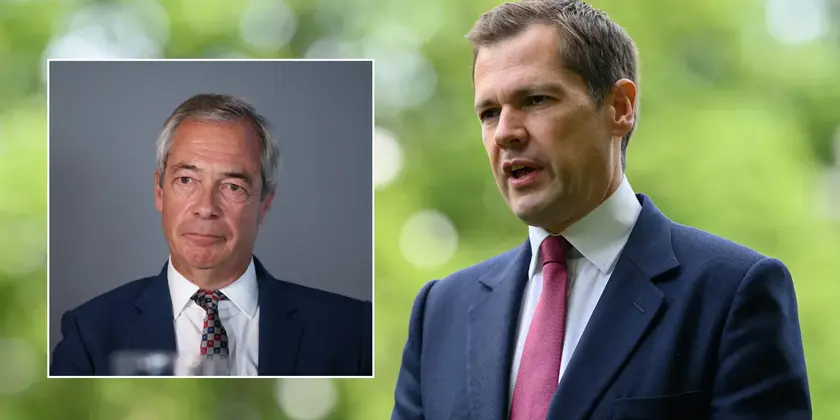T4K3.news
Britain's flag tensions reveal a nation divided by memory
A broadcaster questions how patriotism, history, and migration shape national rituals.
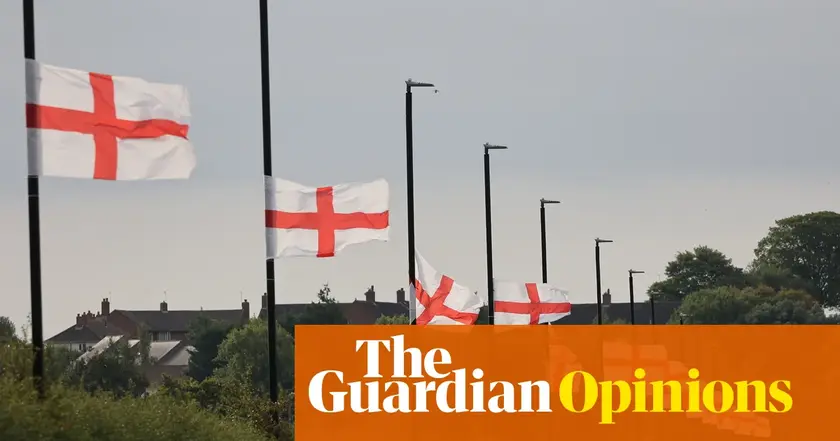
A broadcaster explores how patriotism and memory clash with migration and diverse histories across Britain.
Britain's flag tensions reveal a nation divided by memory
The piece lays out a public divide over how Britain remembers its wars and its national symbols. In Worcestershire, the Wythall Flaggers have displayed multiple St George flags, sparking a debate about whether such displays signal inclusive patriotism or hint at anti migrant politics. The organizers insist the flags welcome all communities, even as critics worry about underlying messages.
Later, the author contrasts UK commemorations with events in India. The VJ Day service led by King Charles sits next to a Delhi celebration of India’s independence, where Bose and the Indian National Army are remembered in ways that complicate the British wartime narrative. The article notes that Bose is celebrated by many as a patriot rather than a traitor, and Gandhi’s praise is cited to show how memory can diverge from official history. It also questions the way migration shapes a nation, arguing that Europe’s past includes two way movement and that British identity is plural rather than fixed.
Key Takeaways
"the hypnotism of the INA has cast its spell upon us ... His patriotism is second to none"
Gandhi's praise of Bose used to illustrate memory that transcends simple British narratives
"We have members of the community of all ethnicities and religions stopping by and praising what we are doing so please don’t call this racist"
Organizers of the Wythall Flaggers defending their displays
"We are one nation, but, apart from on very rare occasions, there are no UK cricket, football or rugby teams"
Author argues against delaying a uniform national identity based on sports allegiances
The essay treats memory as a political thread that weaves through everyday ritual. Flags, ceremonies, and schoolyard debates become entrance points for larger questions about belonging, inclusion, and power. Patriotism is not a single flavor but a spectrum that includes pride, unease, and critical memory.
It also challenges readers to accept a broader national story that includes uncomfortable chapters of empire, migration, and diaspora. By juxtaposing UK rituals with memories from India and Europe, the piece invites a more plural understanding of what it means to be British today. That openness comes with risk: it can provoke backlash from those who prefer a clean, unified narrative, even as it offers a richer, more honest picture of a diverse country.
Highlights
- Patriotism is a chorus not a single note
- Memory travels across borders as freely as people do
- A nation grows when we listen to its many stories
- Symbols spark a debate that reveals who we are becoming
sensitive topic risk around migration and memory
The article engages with migration, memory, and national symbols in ways that could trigger political backlash or controversy among diverse audiences. It touches on historic claims and diaspora perspectives that may provoke debate about national identity and policy.
Memory thrives when a nation listens to all its voices, not when it silences them.
Enjoyed this? Let your friends know!
Related News
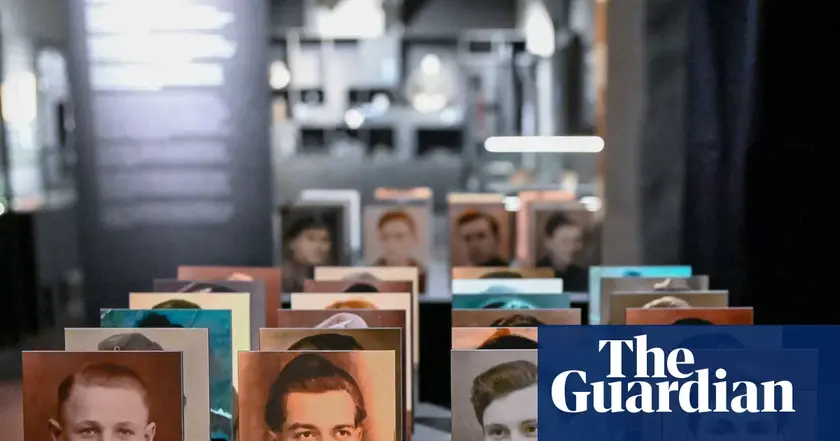
Gdańsk exhibit on forced conscription sparks debate

Hundreds demonstrate against asylum seekers in Essex hotel

New guidelines on flying the Union Jack announced
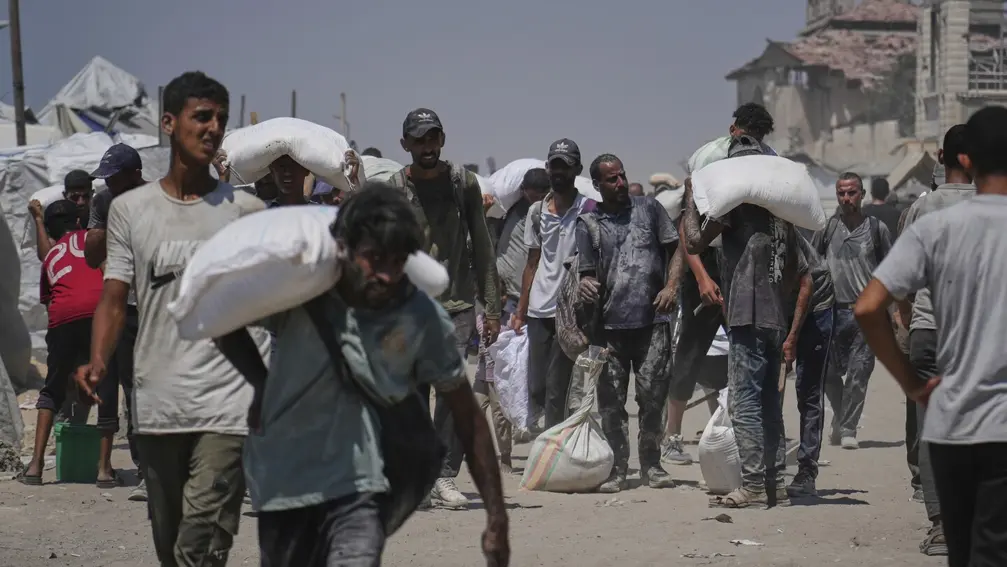
High-level U.N. meeting on Israel-Palestine begins this week
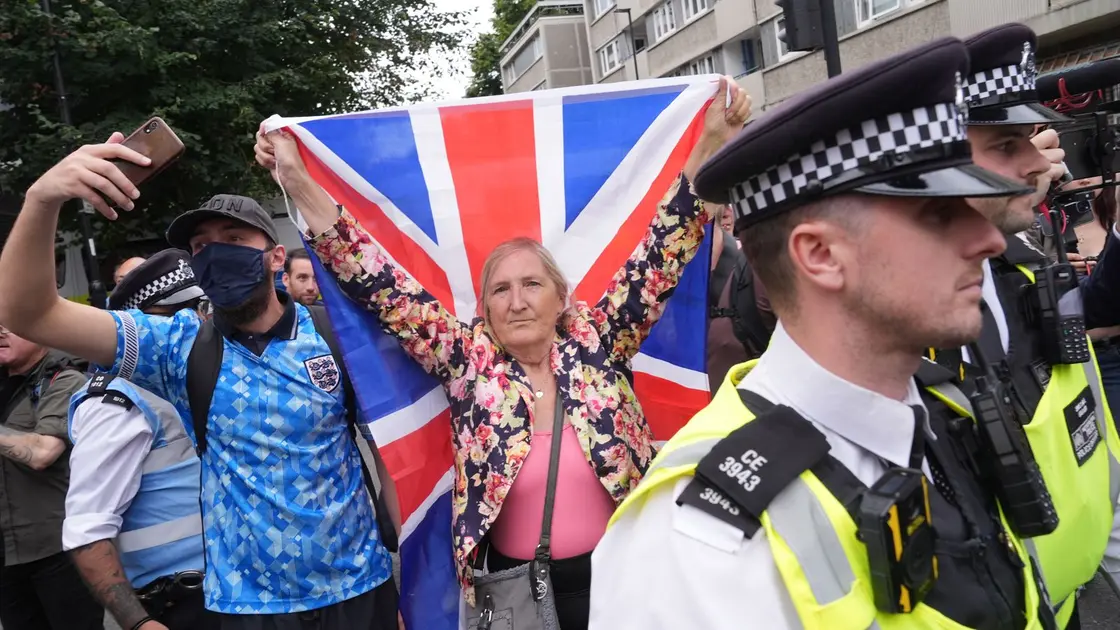
Clashes in London over asylum seeker accommodation
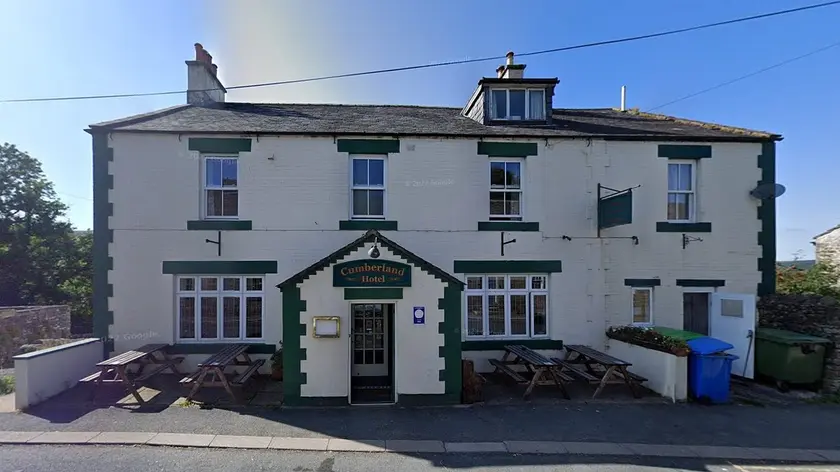
CAMRA reveals Britain's top 16 pubs
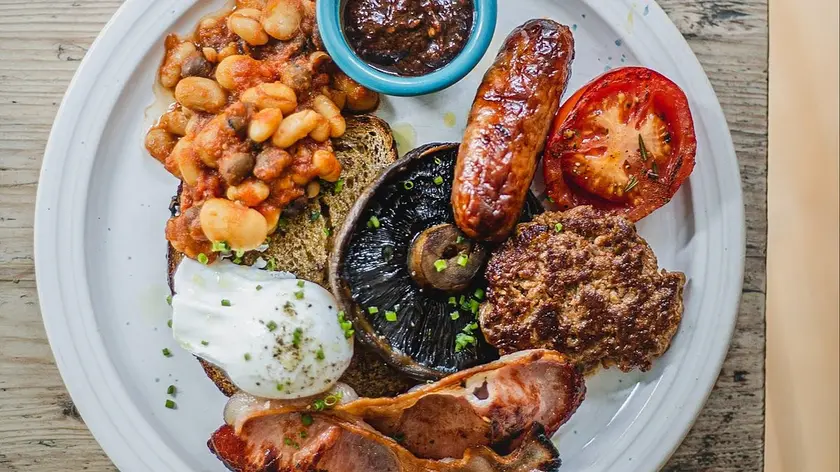
50 UK breakfasts highlighted
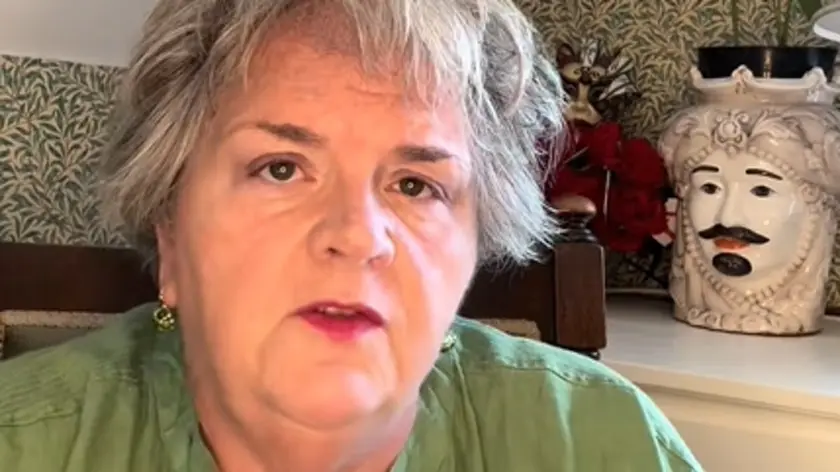
American Expat Highlights Shocking British Attitudes
